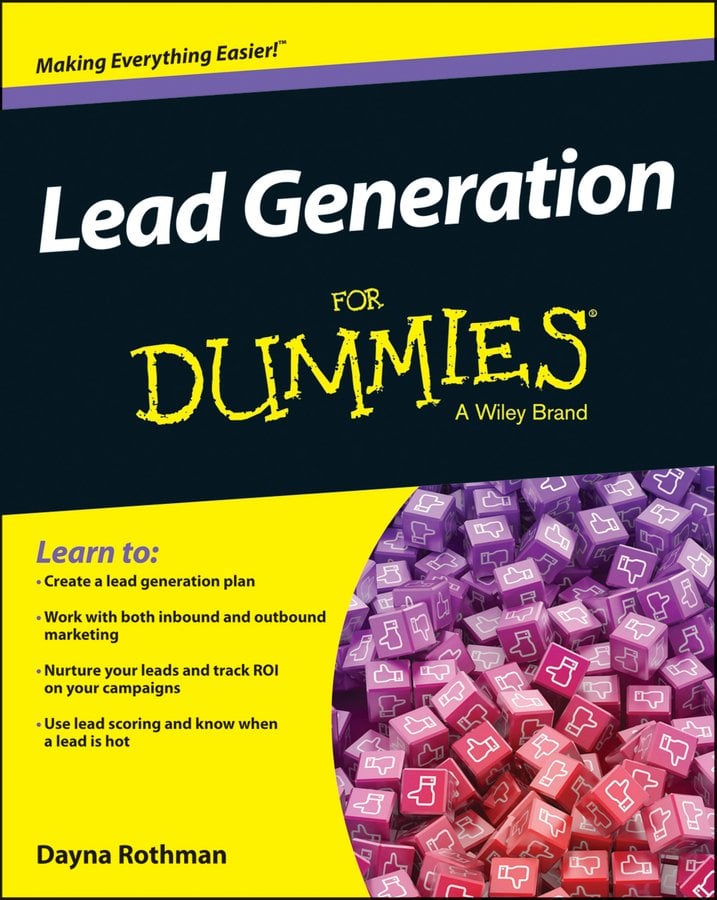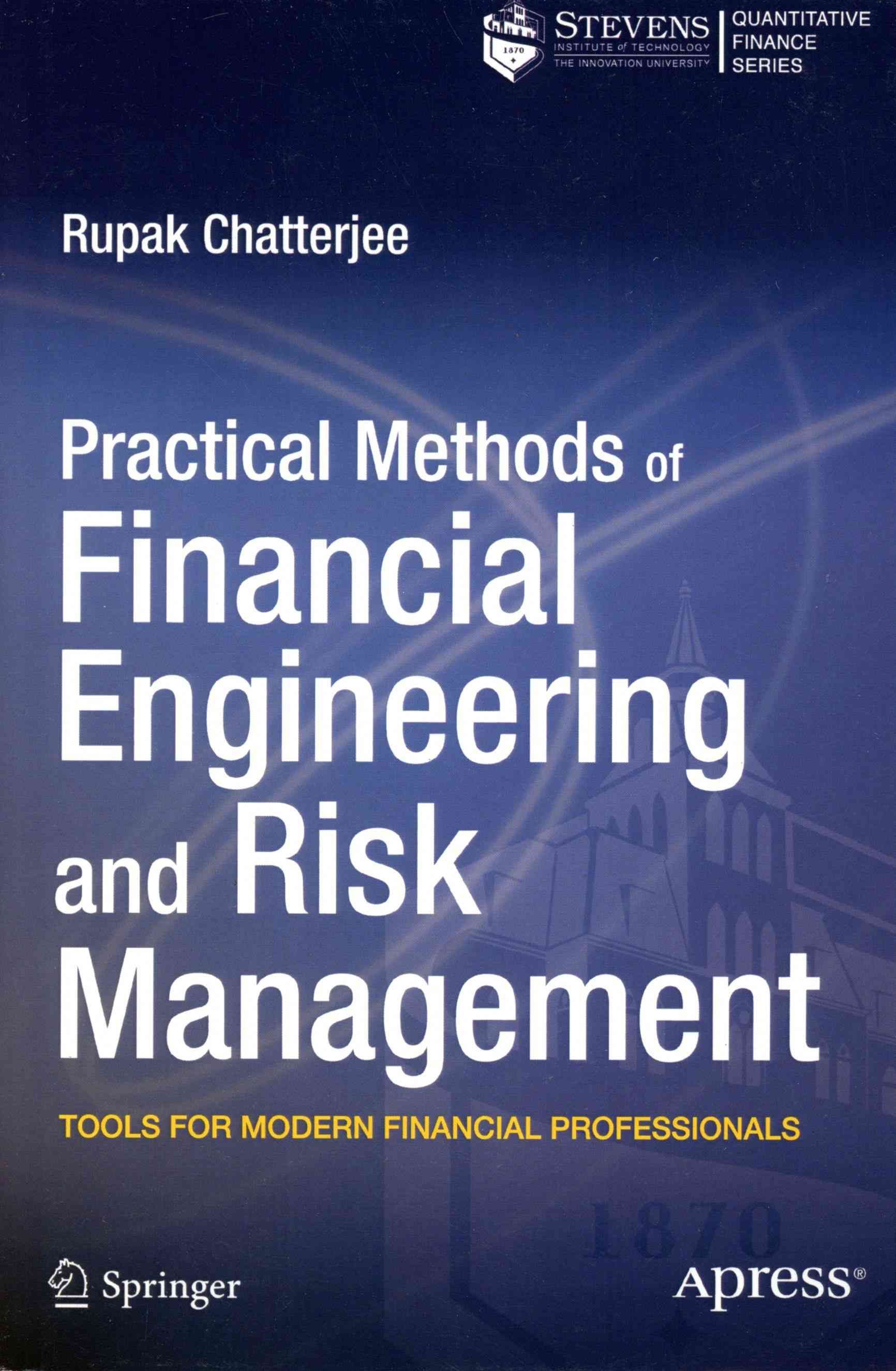Regulation and Economic Analysis: A Critique Over Two Centuries argues that long experience with the practice of regulation creates a broad anti-intervention consensus among economists. This consensus is based on comparison of real intervention to real markets rather than an ideological preconception. It is shown that economic theory can support all possible positions on intervention. Much theory is too abstract to support any policy position; many arguments about how intervention might help contain qualifications expressing doubts about whether the potential can be realized; many theories illustrate the drawbacks of intervention. The vast literature on these issues concentrates either on specific cases or polemics that exaggerate both sides of the argument. Regulation and Economic Analysis seeks to show the depth of the discontent, develop interpretations of economic theory that follow from skepticism about statism and provide selected illustrations. The discussion begins with examination of general equilibrium theory and proceeds to discuss market failure with stress on monopoly and particularly what is deemed excessive concern with predatory behavior. International trade issues, transaction costs, property rights, economic theories of government, the role of special institutions such as contracts, the defects of macroeconomic and equity arguments for regulating individual markets, environmental economics and the defects of public land management policies are examined.












